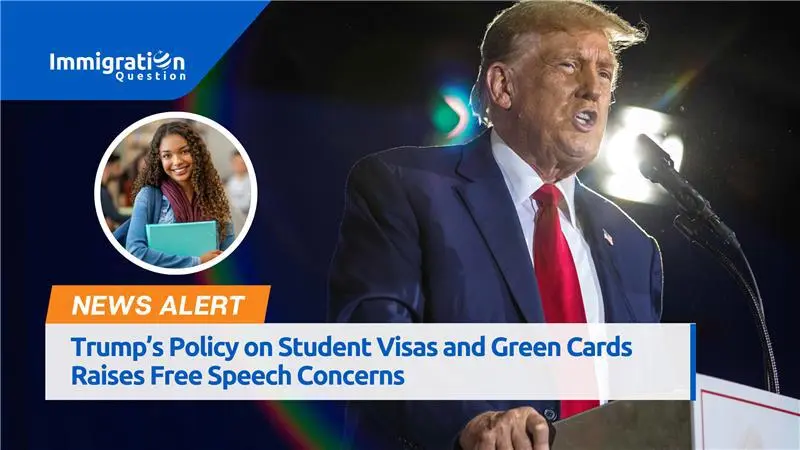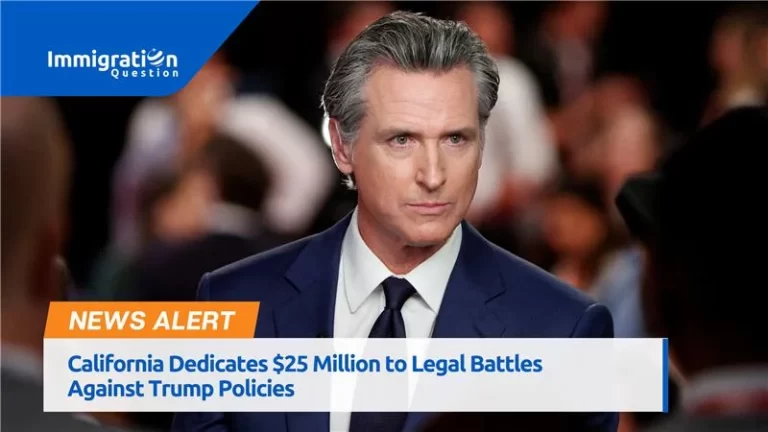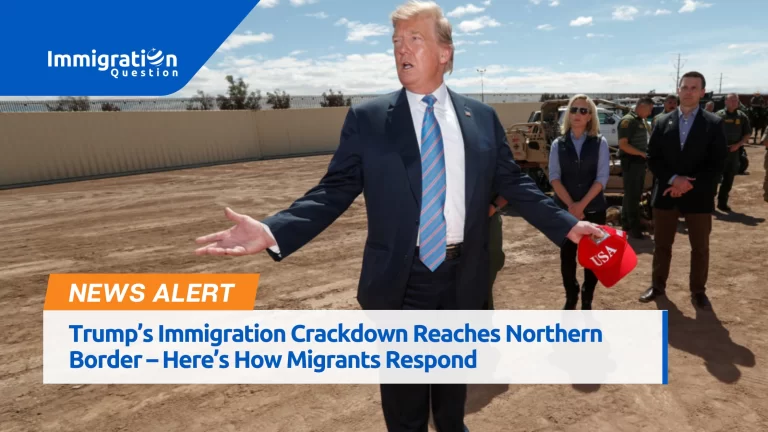The Trump administration’s recent move to crack down on student visas, impacting over 300 students, has sparked concerns about the right to freedom of speech. Legal experts are warning about a possible fight over First Amendment protections for those on visas. The controversy has intensified as detained students face allegations of supporting Hamas without clear evidence.
Visa Cancellations and Free Speech Concerns
The government’s decision to revoke green cards and visas has sparked debate about non-citizens’ freedom of speech. The administration claims that many students were involved in helping Hamas, which is labeled a terrorist group, but critics argue that the administration lacks sufficient evidence to back up these claims.
Legal Challenges Surrounding Free Speech Rights
Lawyers emphasize the power clash between the authority of the Secretary of State and the First Amendment rights that everyone in the U.S., even students on visas, should enjoy. Courts will have to strike a balance between freedom of speech and immigration laws.
Rubio announced that more than 300 student visas have been revoked, many tied to individuals who took part in protests or wrote articles critical of U.S. policy regarding Israel and Palestine. The administration argues that student visas are meant for school activities, not activism, and claims that disruptive protests justify canceling those visas.
Detentions and Claims of Political Suppression
Some students who lost their visas are now in detention and facing deportation. For example, Rumeysa Ozturk, a graduate student from Tufts and a Fulbright scholar from Turkey, was picked up by ICE agents. The Department of Homeland Security claimed she was involved in activities supporting Hamas but hasn’t provided any solid proof. Supporters believe her detention is retaliation for an article she co-wrote in 2024 advocating for divestment from Israel without any mention of Hamas.
Similarly, Mahmoud Khalil, a graduate student at Columbia and a Palestinian refugee with a green card, was detained recently. Immigration agents first tried to take his student visa but then aimed to revoke his green card instead. The government suggested this might be due to missing details on his application related to his previous work with UNRWA.
A Change in Immigration Enforcement
Immigration lawyers argue that while the Trump administration isn’t changing the laws, it’s enforcing them much tougher. Usually, revoking visas for foreign policy reasons doesn’t happen too often, but the current approach shows a clear change in how things are handled.
In the past, administrations were cautious about using immigration rules to target political opinions. People are concerned that the government might use these laws to shut down criticism. Experts warn this could cause legal issues, especially for non-citizens and may make students less likely to get involved in activism.
Looking Ahead: Trump Administration’s Student Visa Actions Raise Free Speech Issues
With courts considering the First Amendment rights of non-citizens, this legal fight is expected to last for a while. Over 300 students were affected, a lawsuit is almost inevitable. This could set a precedent for future immigration laws and how the U.S. handles free speech versus national security.
As these cases progress, the administration’s actions will probably continue to come under fire from legal experts, civil rights groups, and international observers. The long-term effects on international students and activists remain in the air, but this situation highlights the shifting nature of immigration enforcement under the Trump administration.
To stay updated and informed, watch our news section or drop your immigration questions on immigrationquestion.com and get responses from professional attorneys.










